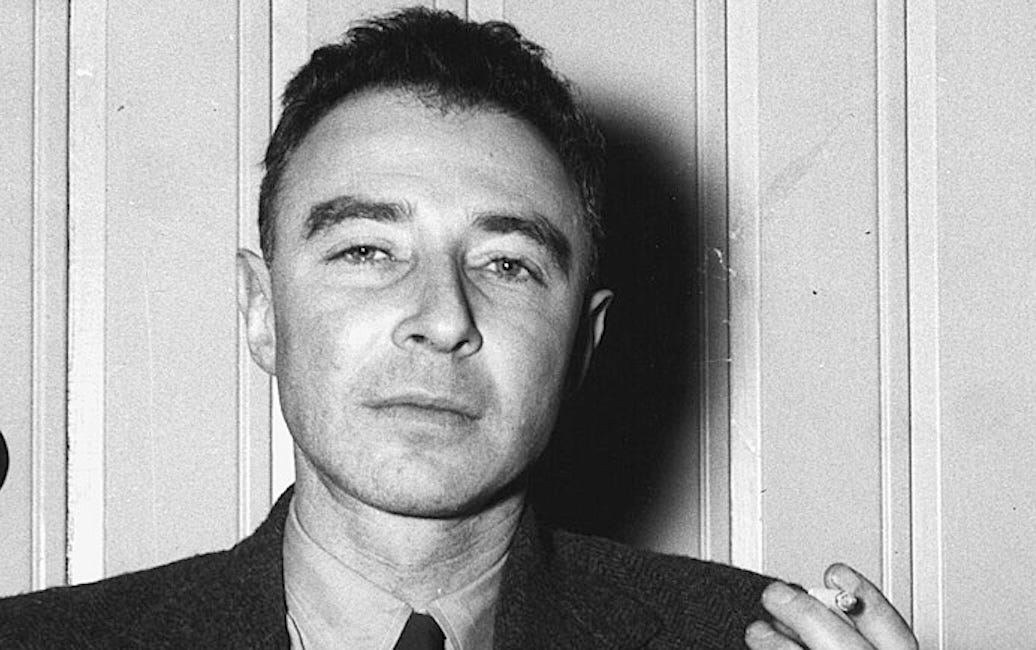The other bureaucrat who built the A-bomb
Review of Racing for the Bomb: The True Story of General Leslie R. Groves, the Man behind the Birth of the Atomic Age by Robert S. Norris
This biography fills a gap in the historical record: behind the incredible scientific and engineering triumph of the Manhattan Project, there was a master administrator who oversaw Robert Oppenheimer. Leslie Groves was that administrator, the take-charge guy who knew how to inspire, find competent people to whom he delegated tasks, cajole, and bully his way into the historical achievement of the first working atomic bomb. In this bio, you get to know who he was, how he operated, and what he accomplished. There is no doubt he was a great and talented, if somewhat unsung, man.
That being said, Groves' life and methods are not exactly something that would inspire a lay reader about the epoch. There are far better books for that, such as Richard Rhodes' Making of the Atomic Bomb, which is the most readable and best reported and researched of the whole shelf of books on the subject in my opinion. This biogrpahy is of value principally for specialists in scientific and military history and for hardcore atom-bomb buffs. There was info I needed in it for my writing and could only find there, so it was most useful for a scholarly purpose. But it was not a fun read about a rich time.
Afterall, when contrasted to great politicians or scientists or adventurers, there is a reason why few bureaucrats find a narrative niche: they are simply not as interesting or as comprehensible. Norris even says as much, when he admits there were not many layers to Grove: he was a competent and arrogant man, who when given extraordinary authority during the war was capable of achieving extraordinary things. At the end of the war, he refused to change along with the army and instead retired to a corporate position. His other occupation was as the curmudgeon who corrected in excruciating detail the innumerable accounts that kept appearing.
I do not mean to diminish Norris' achievement here, only to put it into perspective for prospective readers. The prose is clear, if a bit lackluster. But this is very good scholarship and a useful addition.
Related:
The Manhattan Project, from scientific discovery to detonation
This book has it all: fascinating personalities, fundamental scientific discoveries explained with clarity, and the birth of political issues that are as relevant today as they were 80 years ago. That it is almost certainly the best book on the development of the atomic bomb is in itself remarkable, as the field is already overcrowded. Rhodes makes an e…
Celebrity intellectual, protean administrator, and political martyr
It is rare to read a biography so rich in detail, so clear in ideas, and so beautifully written that it can be counted as literature. Oppenheimer is a unique figure in American history: starting as an academic, he became a master administrator for one of the most important technological breakthroughs in the…







I may have told you this before, but when I worked in eldercare, I had some clients who'd led fascinating lives. One, from Seattle, had been recruited for the Manhattan Project while studying at Princeton. After the war, he went to study at Cambridge (in England), and while enrolling, the registrar very seriously, asked him, "How is it that you, an able-bodied young man, managed to avoid military service during a major conflict?". Without missing a beat, Gil answered drolly, "I built the A-bomb". He ended up as a chemistry professor and traveled the world.